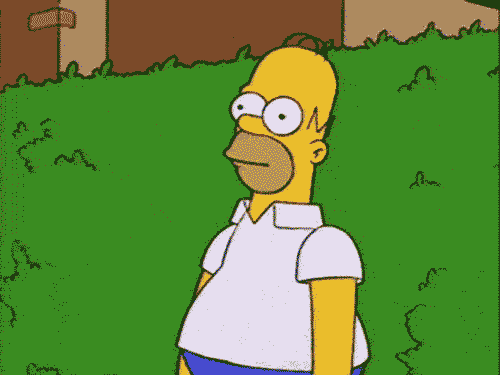I think if one has the budget to do digital cinema properly then one could shoot S16 or 35mm, regardless of if you were planning to shoot 4K, 5K or 2K.
If you've only got the budget for a BMCC or a DSLR, you're going to struggle.
That might be a better way of describing it. Though if you are shooting BMCC RAW you are still spending time (ie money unless you are entirely DIY) on what is basically the same thing as a telecine process anyway. Not free by any stretch and a lot of the costs (production to post) are analogous. $400/hour is $400/hour regardless if you are giving to a colorist working your RAW one working your negative.

I just shot a super-16 short earlier this year and we got "student rates" on supervised telecine at a Well Known Post House here. It was very interesting to see where the costs have shifted when comparing it to a digital shoot. Sure, film stock and processing costs a lot, but in the grand scheme those were never the things that really made feature film making cost prohibitive in the first place. If you'll allow an aside I just started reading "Masters of Light" (FINALLY!) and the interview with Nestor Almendros has a very interesting moment from pgs 20/21 of my copy:
(Remember, this is circa 1984)
(When asked about working with American vs. European directors):
American directors shoot too much, I think. I don't think its necessary, at least not to that extreme.
Then the interviewer goes on to comment:
But then again, the cheapest thing you have to work with is film; that's your smallest expense on a film.
Nestor goes on to agree with that statement and into a long explanation of why the "Spray and Pray" method of shooting is the wrong way to do it. Gordon Willis recently called this something like "Dumptruck Shooting" where the director just gets as much coverage as possible and tries to put it together in editing. Spoiler alert: I think he also called it "bullshit." This is where the whole cost benefit analysis breaks down. If Director A is "Dumptruck" shooting 3 pages a day on RAW and Director B is shooting 6 pages a day with purposeful intent on film, odds are that Director B is still saving money over the course of the project compared to Director A.
The point is that there is this fallacy that the reason shooting film was expensive was because of the cost of the stock itself and the processing. It flat out was not. Is shooting to a media card orders of magnitude cheaper? Absolutely, and modern cameras are vastly more sensitive than the film stocks of those days, so those costs go down. But pre-production costs exactly the same, the art direction costs the same, paying talented people costs the same, and frankly, the single most expensive item on most Hollywood films is the lead actor or actress. Once you get to post, if you are looking at shooting Digital RAW (4K or greater) "Pray and Spray" against shooting something like meticulously planned s16 - the costs are actually fairly comparable.
Camera kits are less expensive to rent as well. Digital RAW needs at the very least an asset manager or at best someone who can pump out dailies on set and give you still caps to play with in your favorite image editor (DIT). Film you would need an experienced and trustworthy loader.
I love shooting film. It goes without saying that I love the look, and in this day and age it is not a question of which one is better, it is a question of which on is better for your story. I will continue to advocate for shooting photochemical for the right story until I can no longer physically do this job or until film completely ceases to exist. Whichever comes first. Not out of some stubborn resistance to new tools, but out of the desire to have the access and ability to any and all palettes available so that I can choose appropriately for the story being told.
I love the challenge of having to create an image with no reference monitor, no waveform, no false color, no histogram. Just me, the film stock, the gaffer, our meters, and our eyes. I really recommend doing it at least once to anyone who desires to be a director and as often as possible for anyone with a desire to be a cinematographer.
And that's the other issue that I won't get into, lest it start a big philosophical discussion about the disappearing art of Cinematography

Yeah, between that and the comparisons that are looking at the wrong attributes to compare I figured I would start off with Homer's Graceful Exit just to set the tone.







